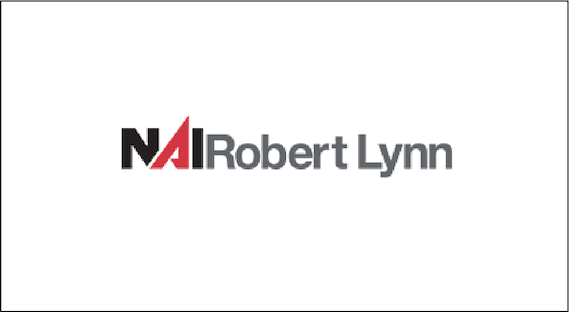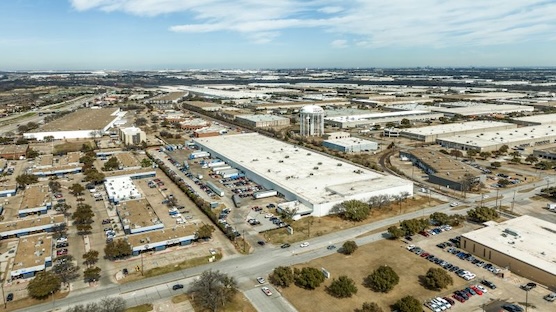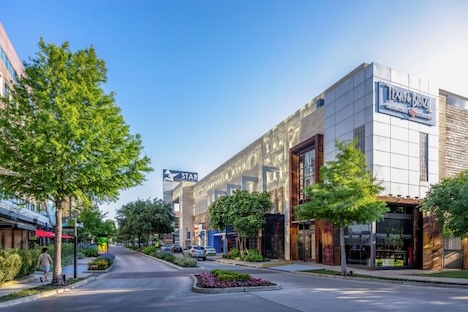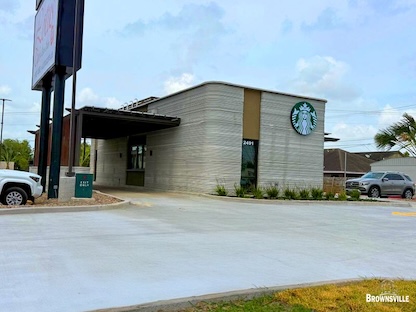San Antonio, Texas-based Escalera Capital, the newly restructured evolution of MLSA Ventures, is an investment company with a unique, vertically integrated ecosystem from three operating subsidiaries: Presidian Hospitality, Source Strategies and Mulberry Realty Partners.
With the successful raise and ongoing deployment of Fund 1 as a proof of concept and preparations underway for the launch of Fund 2, Escalera Capital is doubling down on its mission to deliver extraordinary outcomes to investors and communities.
“Our transformation into Escalera Capital represents the next chapter of growth,” said Bobby Magee, Managing Partner. “We know this integrated model is not just about efficiency—it’s about creating a seamless pipeline of opportunities that we can scale with each fund.”
Vertically Integrated to Maximize Value Creation
Escalera Capital’s unique structure sets it apart in the private equity landscape. By uniting its operating companies under a shared vision, the firm benefits from synergy across capital formation, acquisition, development and management. The firm’s data-driven approach, coupled with its extensive acquisitions and operational, ensures that each fund builds on the success of the last, creating a cycle of growth that benefits investors, partners, and communities alike. This integrated approach positions Escalera Capital to adapt swiftly to market opportunities.
“The creation of Escalera Capital marks a significant milestone and a natural progression,” said Charles Leddy, Managing Partner. “Bobby and I were originally investment bankers, so we are naturally looking at the real estate industry with innovative investment and execution strategies in mind. With our experienced leadership team, dedicated associates, innovative investment approaches and purpose-driven mindset, the future is bright for Escalera Capital.”
With more than 800 employees and $400 million in assets under management, Escalera Capital’s organizational structure integrates four main subsidiaries:
- Presidian Hospitality is known for its award-winning hotels across Texas and Colorado, as well as its unique hands-on, purpose-driven approach to develop, acquire and operate experiential hotel properties.
- 50 years ago, SourceStrategiesbegan as a small pen-and-paper research provider. Today, it is a digital and dynamic powerhouse in Texas, holding roughly a 50% market share for hotel feasibility studies in the state. Recently, it launched its first digital product, offering valuable real-time data to hospitality industry stakeholders.
- Mulberry Realty Partners is an asset class-agnostic commercial property management company that vertically integrates across industrial, retail, and other asset classes. Through Mulberry Realty Partners, Escalera Capital can maintain operational control, drive efficiencies and enhance value creation across a diverse portfolio of properties.
- Formerly known as Presidian Cares, the Escalera Foundation is a nonprofit organization focused on serving both Escalera Capital associates and the broader San Antonio community through health equity and early adult education. Escalera Foundation is a driving force behind Hope Lodge San Antonio, which will provide housing and resources to cancer patients and their caregiver who come to San Antonio for treatment in the San Antonio Medical Center.
Escalera Capital has more than a 25% internal rate of return on its diverse investment strategies executed over the past several years. Examples of recent and ongoing projects with transformational outcomes include:
- The Assembly Hall at La Villita: sits at the heart of San Antonio’s past, present and future. Designed by the legendary O’Neil Ford, La Villita Assembly Hall is renowned for its architectural ingenuity, featuring an inverted dome roof and “bicycle-wheel” design—Texas’s first of its kind. In mid-2025, Escalera Capital will begin thoughtful renovations on the 44,993-square-foot, bilevel venue to create a new experiential destination on the San Antonio River Walk that will also serve as a welcoming draw into La Villita Historic Village and Hemisfair Civic Park.
- Estancia del Norte at the San Antonio Airport was once a prominent San Antonio hotel, the La Mansion Del Norte, that lost much of its former charm through brand changes and a build-up of deferred maintenance. Estancia del Norte is now
celebrated as one of San Antonio’s top hotels, serving as both a tourist destination and a beloved local event venue in the heart of the airport market.
- The Springs Resort and Spa: is a geological marvel known for its hot springs on the San Juan River in Pagosa Springs, Colorado. The resort is now recognized annually as the top geothermal wellness resort in the United States.
Salt Lick at The Sycamore: the first phase of a 121-acre project at Highway 290 and Luckenbach in the Texas Wine Country will break ground in early 2025. This experiential retail development will establish a new destination in the Texas Hill Country, where visitors experience Texas through great food, beverage, music and authentically Texas retailers.
“We are excited to move into this next horizon of growth as Escalera Capital,” said Leddy. “I am incredibly thankful for the hard work that our team has put in to reach this milestone. I am confident that we have many more impactful projects ahead of us that will benefit our San Antonio and Central Texas communities for generations to come.”










